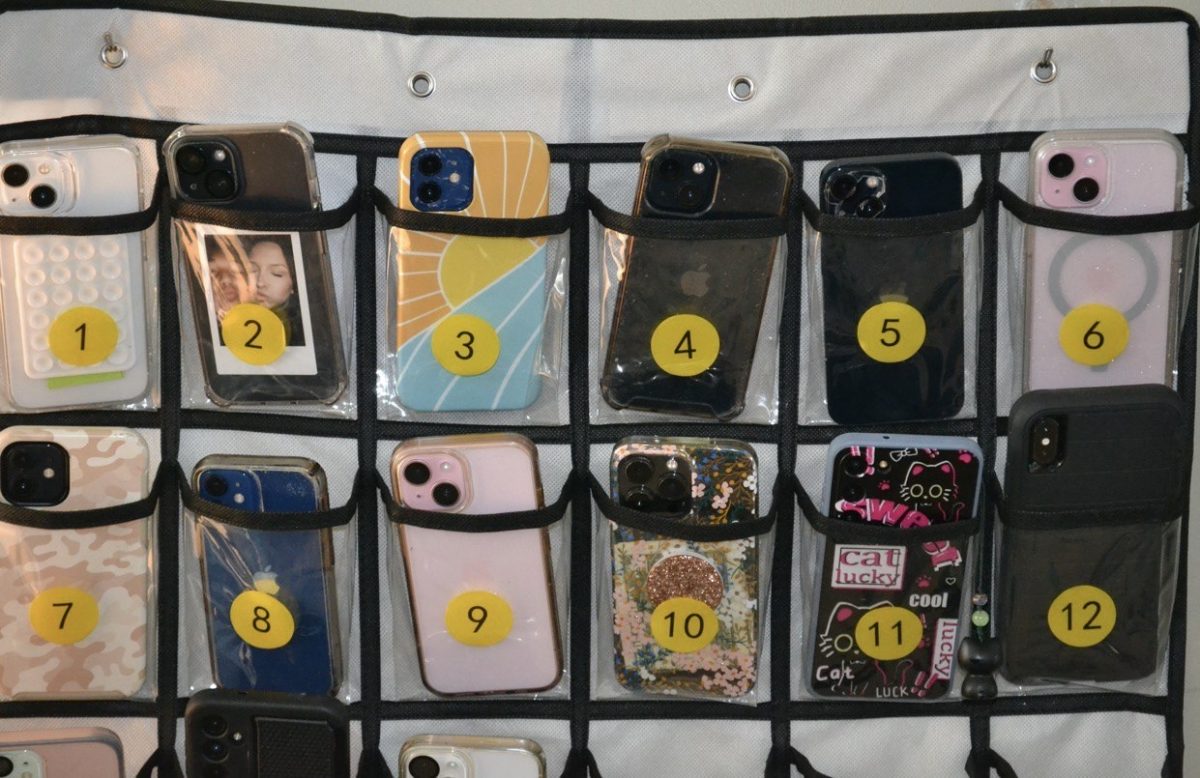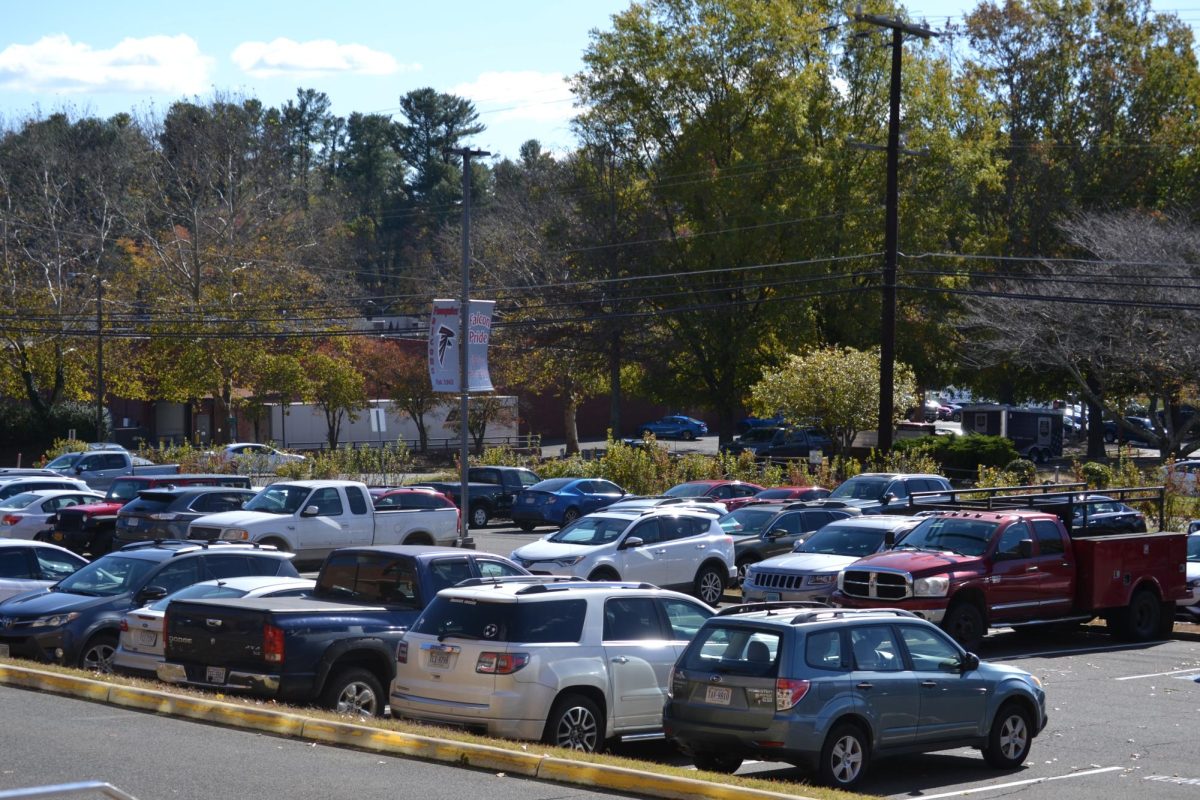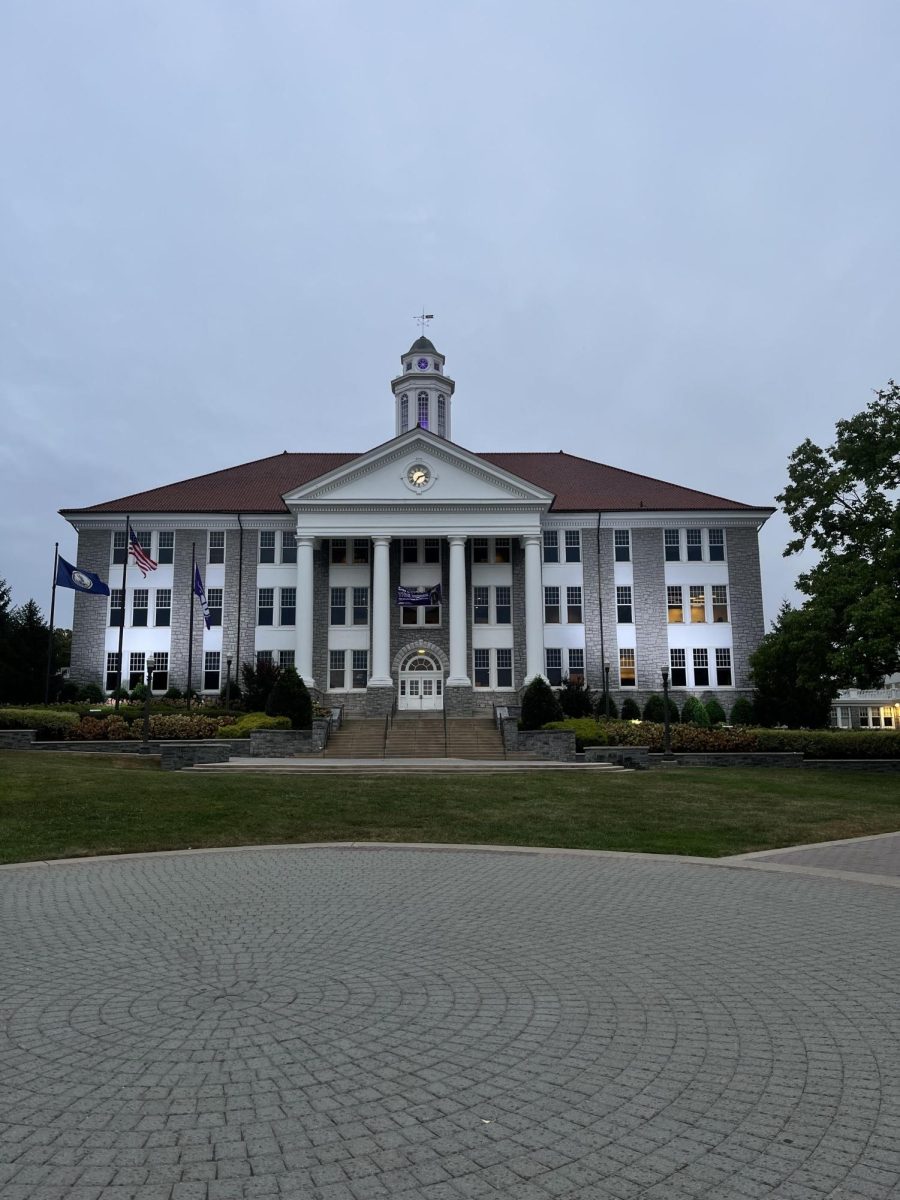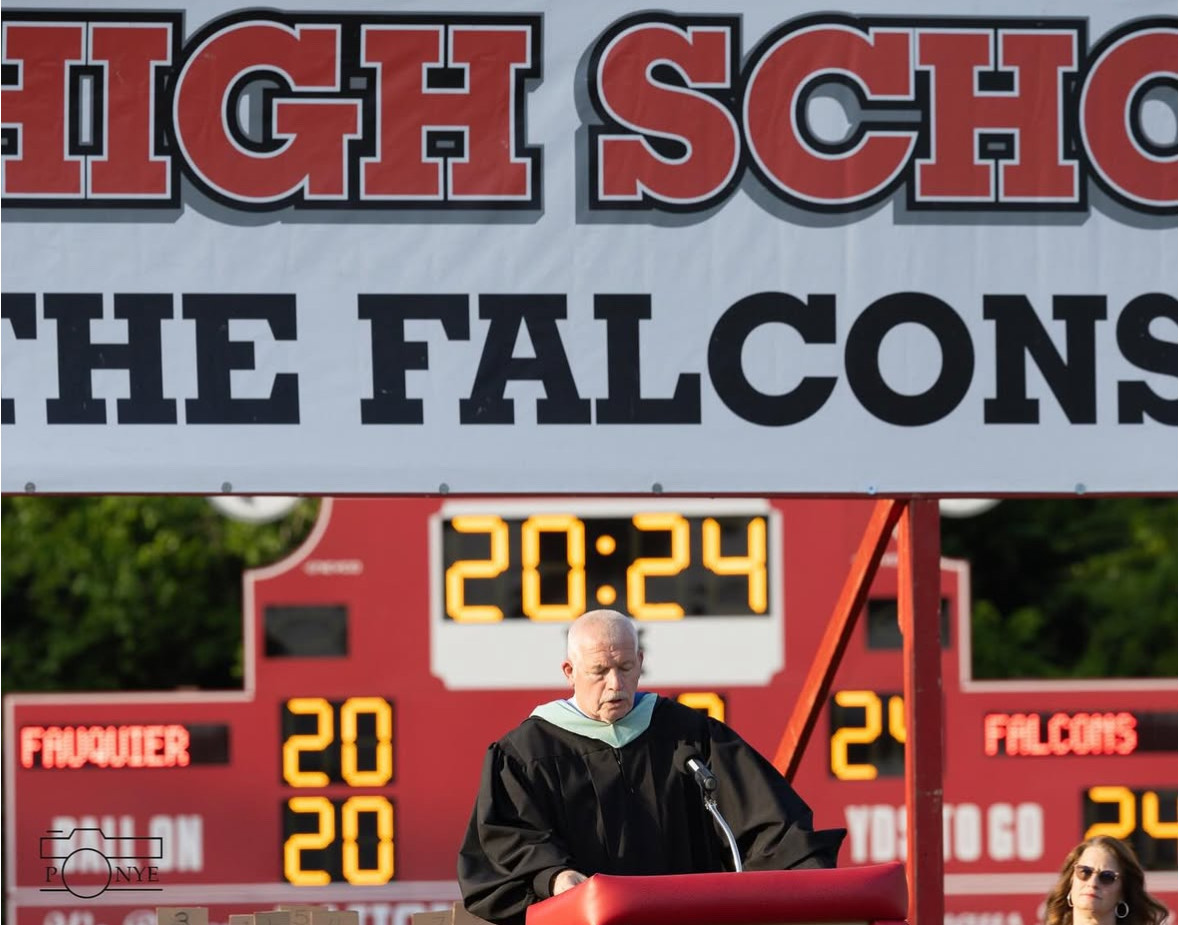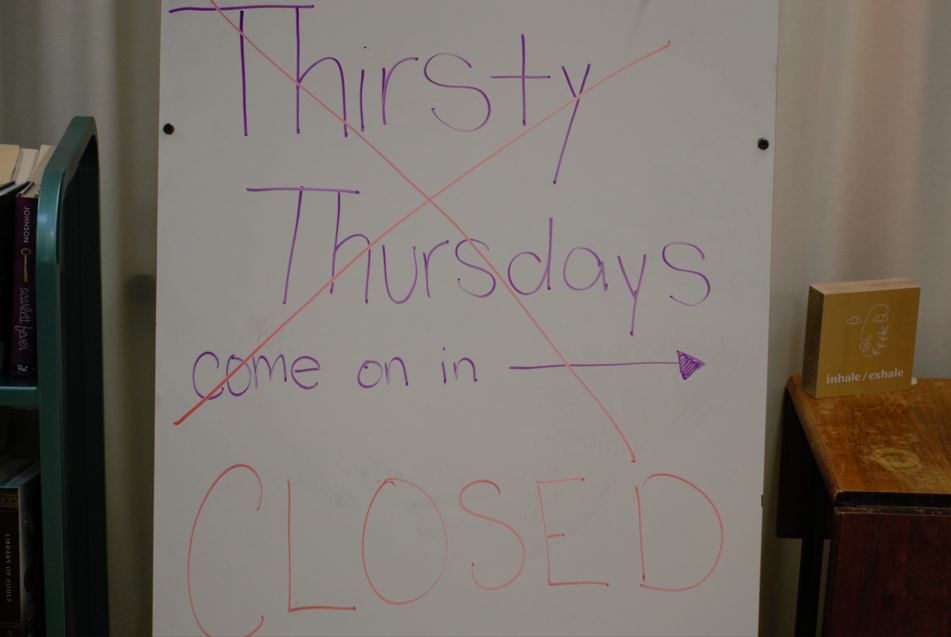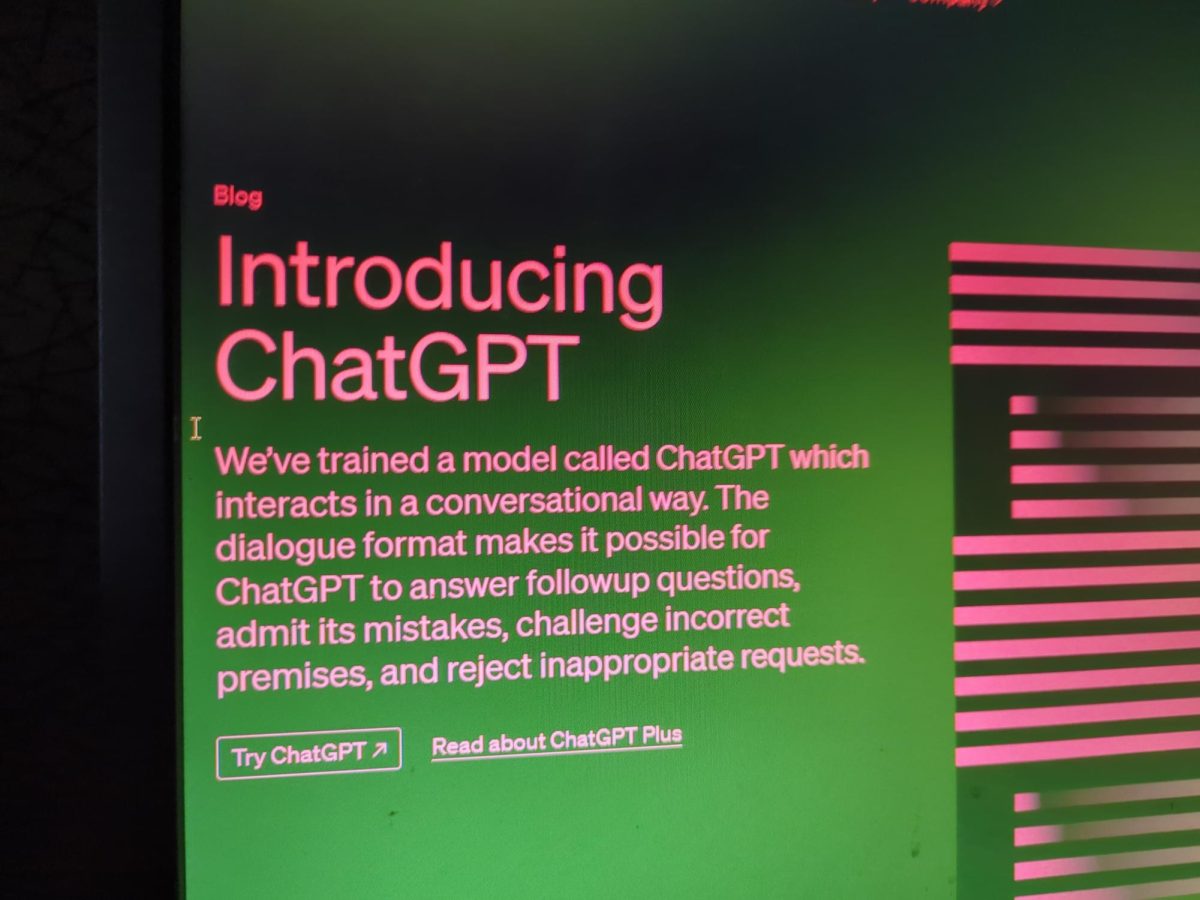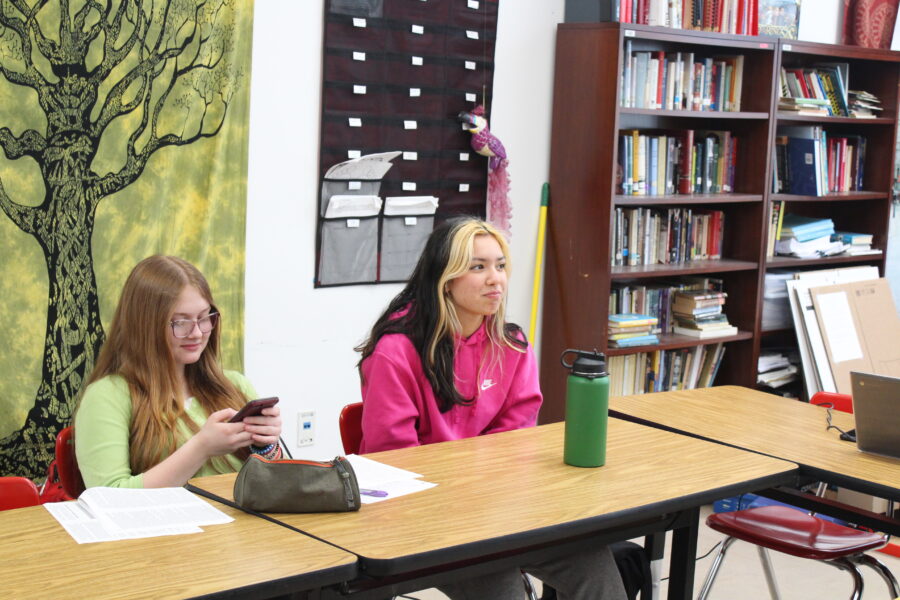On July 9, 2024, Governor of Virginia, Glenn Youngkin, issued Executive Order 33, instructing the Virginia Department of Education (VDOE) to create guidelines for public school divisions to implement local policies and procedures that promote cell phone-free education. “This essential action will promote a healthier and more focused educational environment where every child is free to learn. Creating cell phone and social media-free educational environments in Virginia’s K-12 education system will benefit students, parents, and educators,” said Governor Glenn Youngkin.
While the phone ban law will not go into full effect until January 2025, some schools, including FHS, have decided to begin enforcing the law at the start of the 2024 school year. “… we were fortunate with our phone policy. We are starting our year [without phones], so you guys can get used to that before it takes place with the executive order. I know our school board and superintendent give us time before all those things take place, and it’s a good way to start,” commented FHS principal Dr. David Ferguson.
This decision was made by the school board and the superintendent, and so far, it has been met with open arms from others. According to Superintendent Dr. Major Warner, “there has been minimal pushback from the community; generally, the response has been positive and supportive.” Warner states that he and the school board “have created, for now, a situation where students can still bring their phones to school. They simply cannot be out and visible during classroom instruction. This still maintains the safety feature that parents desire while minimizing the distraction in the classroom.”
Youngkin has decided to follow suit and expand the already existing phone policy to one called “bell-to-bell,” which bans phones in school facilities from first bell to last bell with lunch breaks included. However, this law will go into full effect in January 2025; until then, it’s up to the school board and superintendent to weigh the pros and cons of a “bell-to-bell” policy and, if anything, find effective ways to enforce it.
At this point, the current phone policy has taken hold at FHS and is starting to pay off. However, there is one thing that really surprised Ferguson after the adoption of the new phone policy. As he states, “One of the great things I’ve seen is how [students are] interacting with each other when you walk by a classroom, and you see students looking at each other and speaking with each other, it’s fantastic.”
After the institution of the new policy, the outrage quickly died down as English teacher Jennifer Major and other teachers began to see the effect the lack of phones had on the teens. “Kids have legitimately said that they’ve enjoyed having that break because they can’t be worried about [phones since] they don’t have access to them,” Major added to her story. Traci Mellor, English teacher, shared, “I found that my students are a lot more attentive to instructions now, and they talk with each other a lot more than when they had their phones available.”
Yet, Nicole Goepper, a French teacher, does not agree. She said, “Phones are such a big part of everyone’s everyday life. They offer great technology at your fingertips, and I believe it’s part of our job as teachers to help students know when the right time to use your phone is. It’s part of the education process.” Since phones are not an option for her anymore, she’s obligated to use Chromebooks. She comments, “In a classroom where you have two plugs because the restrictions are strict from the Fire Marshall Code, how am I supposed even to have kids charge their Chromebook?”
While views may differ on the phone policy, many agree that a potential “bell-to-bell” policy would either be ineffective or would do more harm than good. History teacher Ronald Pfeiffer considers the new phone policy slightly inappropriate for high school, as everyday students in schools must have access to their phones at some point in the day to “arrange rides, check with jobs and after school activities.” Additionally, Pfeiffer commented, “… the idea that phones are magically not here…doesn’t make any sense.”
Finally, it is worth mentioning how students view the new policy. Junior Maria Camarca realizes the importance of the policy, but with one exception, “kids are always gonna find a way to go onto their phones and be distracted in some way, so it’s not that purposeful.” Sophomore Brooke Maso also finds the new policy acceptable and understands its importance. “It helps students to focus, and it helps them to get their work done,” Maso said.

